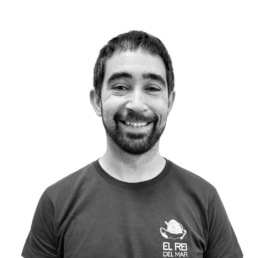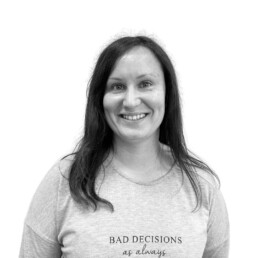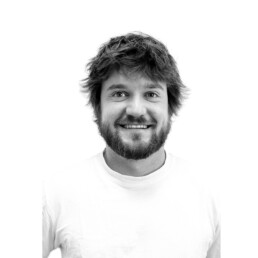
Internal Cycle of Seminars at IMEDEA (CISI) consist on a cycle of seminar presentations given mainly by doctoral students, masters and junior postdocs, although it is not closed to other staff, such as visitors and staff, that take place every Friday from 12:00 p.m. to 12:30 p.m in the seminar room os IMEDEA.
This represents a great opportunity to learn more about the research carried out at the Institute and to bring those with less experience , the chance of increasing their presentation and public speaking skills. Afterwards, there will be coffee and some biscuits 😉 We strongly encourage you to participate. Join us!
Previous Seminars
Internal Cycle of Seminars IMEDEA - Xesca Reynes- «New Approaches to Assist and Assess Seagrass Ecosystem Recovery»
Abstract
Marine macrophyte ecosystems are considered as a fundamental habitat throughout the world. However, these communities are seriously threatened by the continuous increase in anthropogenic activities and are highly vulnerable to the pressures derived from global change.
This has led to an increased interest in restoration, and in assessing different factors that may promote their recovery and resilience. In seagrasses, firsts life stages (seeds and seedlings) can be critical when determining the natural recovery of the ecosystem. In this sense, identifying the factors that positively influence the development and establishment of these early stages, particularly considering future stressors, is essential for ecosystem conservation and restoration. The study of microbiome can be a determining factor to understand the functionality and resilience of marine ecosystems. Although the study of seagrass microbiomes is still in its early stages, the beneficial effect of microorganisms has already been described in terrestrial plants, so this study aims to evaluate the influence of microbiome on germination and development of C. nodosa seeds.
To test the hypothesis that the presence of certain microorganisms influences the development of seagrass, a manipulative factorial experiment was carried out in the laboratory using C. nodosa seeds. Six treatments from the interaction between two factors were examined: (1) sterilization (or not) of the seeds and (2) sediment type (sediment from vegetated environments, sediment from non-vegetated environments or artificial sediment). Germination success was strongly influenced by the presence of the seed microbiome, and sediment type (and thus soil microbiome) also influenced germination and seed development. These results are important to understand natural drivers of seagrass germination success and to consider for restoration techniques.
Link to the video here







